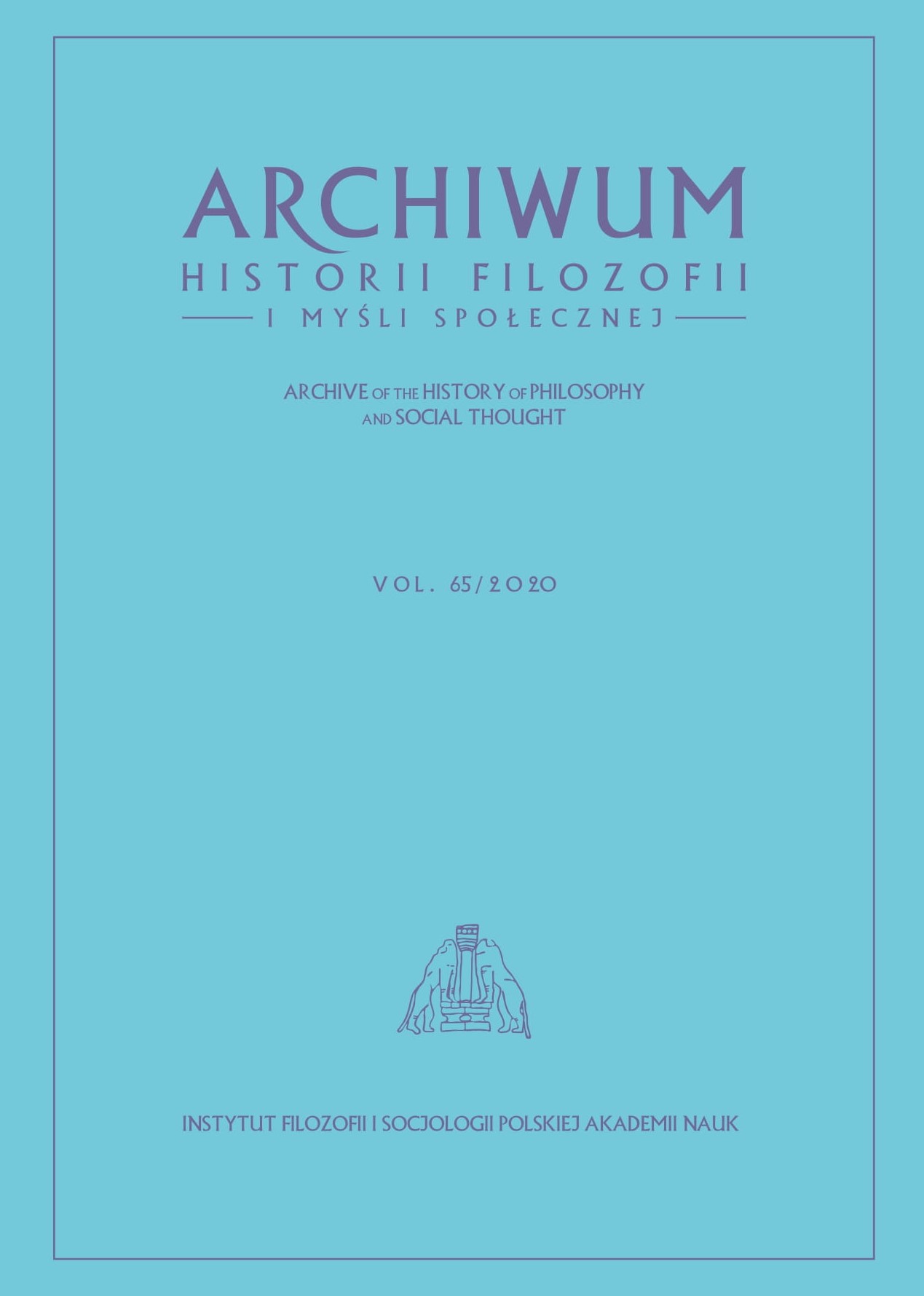Le hasard dans l’histoire : Montesquieu
Chance in History: Montesquieu
Author(s): Jean-Luc GuichetSubject(s): Philosophy, History of Philosophy, Early Modern Philosophy
Published by: Instytut Filozofii i Socjologii Polskiej Akademii Nauk
Keywords: Monteskiusz; przypadek; determinizm;wolność; historia;
Summary/Abstract: Away from a picture of Montesquieu as a mere deterministic philosopher, we try in this paper to bring to light the central place Chance plays in his vision of history. Indeed, through his work, four levels of Chance can be drawn out: fi rstly, Chance with regard to initial conditions of societies such as for example location on earth, soil quality, climate and so on; secondly, Chance of historical evolutions, regarding demography, mix of diferent populations etc.; thirdly, contingent data of individual personalities as for instance the exceptional Charlemagne’s feature which enabled him to run a very smart policy and to build an empire; fourthly, the unexpected event, for instance the accidental General’s death which changes the issue of a battle. Nevertheless, this wide recognition of the irreductible place of Chance in human affairs does not mean in Montesquieu’s mind the renunciation of a global determinism. Indeed, Chance is integrated into global processes and only has the capacity to accelerate or slow down them. Th erefore, in the same time, Montesquieu’s thought of history ensures intelligibility of history and includes a concrete vision of a historical reality never absolutely foreseeable.
Journal: Archiwum Historii Filozofii i Myśli Społecznej
- Issue Year: 65/2020
- Issue No: 65
- Page Range: 69-81
- Page Count: 13
- Language: French

